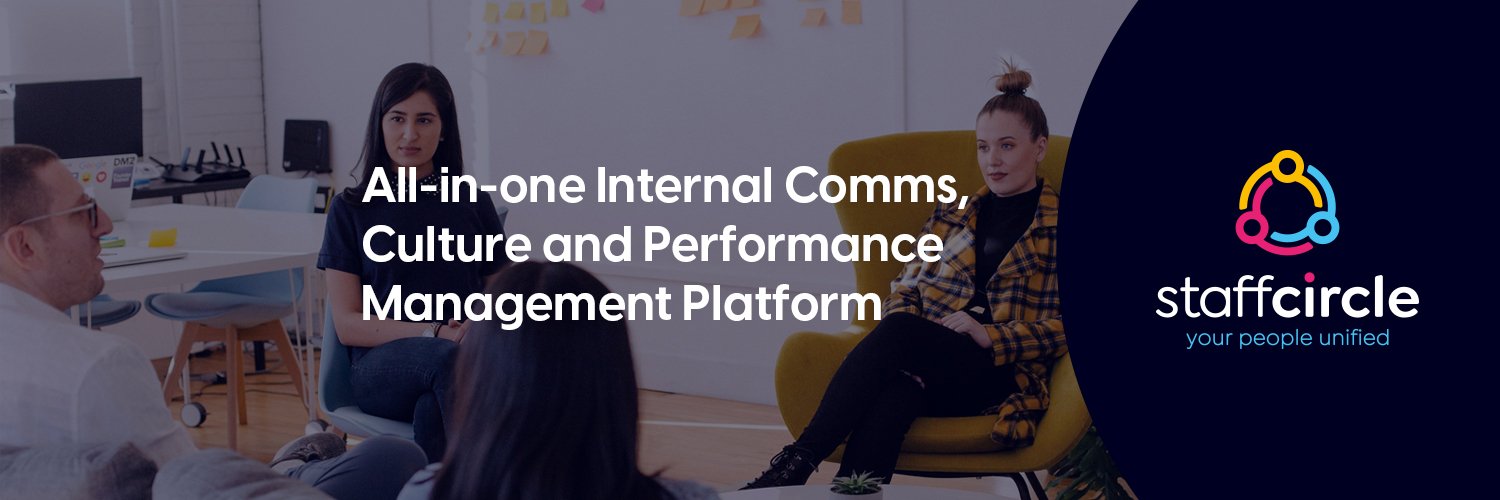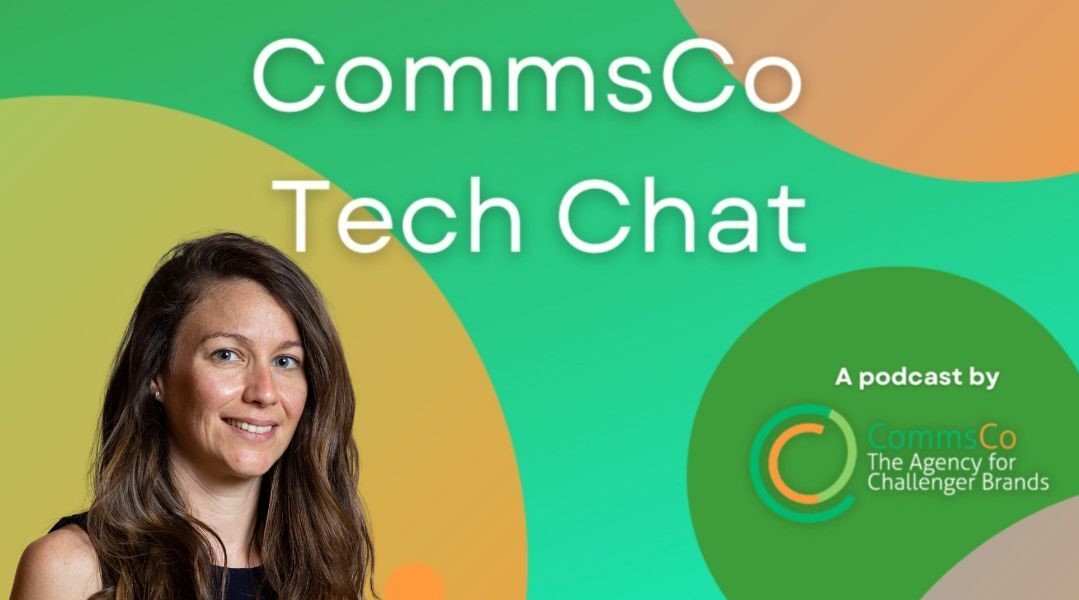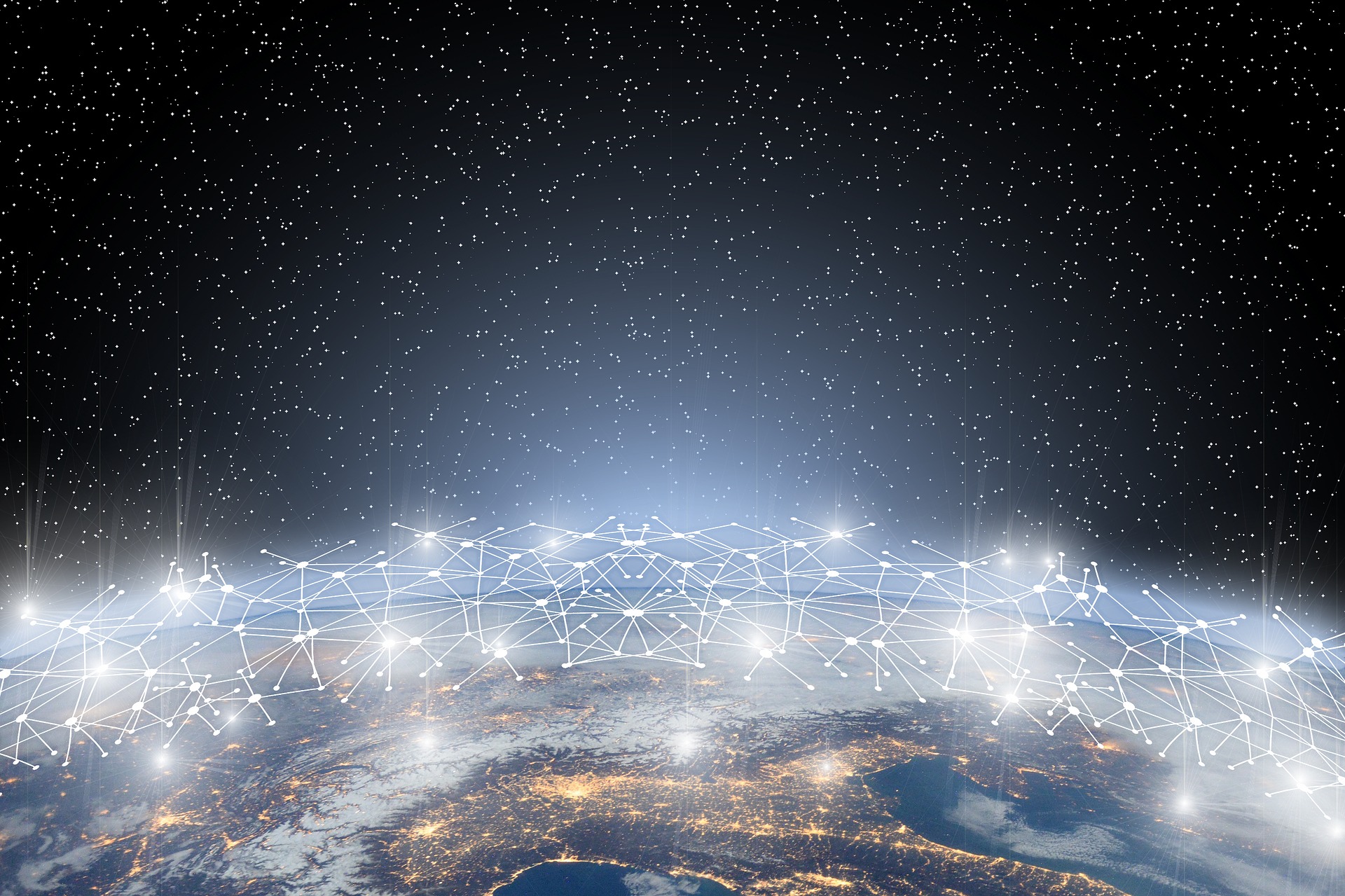Fair cop or load of cobblers: will OpenAI’s media partnerships provide a just deal for creators?
Article by:Lee Wakefield

OpenAI’s use of copyrighted material to train its large language models (LLMs) is a controversial topic right now. The runaway success of ChatGPT and the rapid integration of generative AI into daily lives has been remarkable to witness. But, as the initial novelty begins to wear off, questions are being posed as to how these models obtain and regurgitate content.
Battle lines have been drawn between two camps in recent times, with some arguing that OpenAI’s handling of material should be classed as fair use. Others point to the possible violation of existing copyright laws and the lack of compensation for creators. Generally, it’s been felt that a monetary contribution on the part of OpenAI would bring some sort of conclusion to the dispute.
Now, it appears that the Big Tech giant is taking some steps in the right direction by striking deals with publications such as the Financial Times. But with details scarce, will these new partnerships go far enough in protecting creators? And will the financial remunerations be substantial enough?
Striking deals
Last month, it was revealed that OpenAI is to use FT content for training AI models as part of their latest media tie-up. However, it’s not the first partnership to be announced; earlier this year, international news organisations Le Monde and Prisa Media joined forces with Open AI to bring French and Spanish content to ChatGPT, and, as early as 2023, OpenAI partnered with The Associated Press and Axel Springer.
Bosses, at least, have made positive noises. “This partnership with OpenAI allows us to expand our reach and uphold our commitment to providing accurate, verified, balanced news stories at scale,” Le Monde chief executive Louis Dreyfus explained.
At a critical time when media outlets are desperate to claw back readership and unearth new revenue streams, the move makes sense. There’s also the important fight in tackling fake news. But how will it help journalists on the ground? Will they see a sizeable return from these partnerships, as has been requested, or will financial deals be swallowed up by the publications at source? Journalists deserve more than a few pennies chucked their way, and their silence on these partnerships should be viewed as telling.
The backlash continues
Despite the flurry of partnerships, the lawsuits are beginning to stack up for OpenAI. A day after the FT announcement, eight US newspapers, including the New York Daily News and the Chicago Tribune, alleged that Open AI and its parent company Microsoft unlawfully copied millions of their MediaNews articles to train AI products. This is in addition to the New York Times’ watershed lawsuit at the turn of the year, as well as numerous authors who have taken their grievances to the courts. We even covered the subject in depth on our CommsCo Tech Chat podcast with special guest Thomas McCauley, Senior Reporter at The Next Web.
Steven Lieberman, a lawyer for the MediaNews publications, did not mince his words when talking to Reuters. Remarking that OpenAI owed its runaway success to the works of others, Lieberman reiterated the belief that the Big Tech firm “think somehow they can get away with taking content” without permission or payment.
What’s next?
Without details of the media partnerships made public, it does feel like Steven Lieberman is summarising how a lot of people feel. Is OpenAI resembling an arrogant flat track bully, who couldn’t care less about crediting or compensation and has decided the rules don’t apply to them?
Now, we wait to see whether media partnerships could bring the debate to a close. It’s possible, especially if journalists are compensated to a satisfactory figure, but we’re not jumping to any conclusions until we hear from the creators themselves.
Related Articles

StaffCircle selects CommsCo PR to drive importance of company culture in new era of location-free work
Article by:Ilona Hitel

